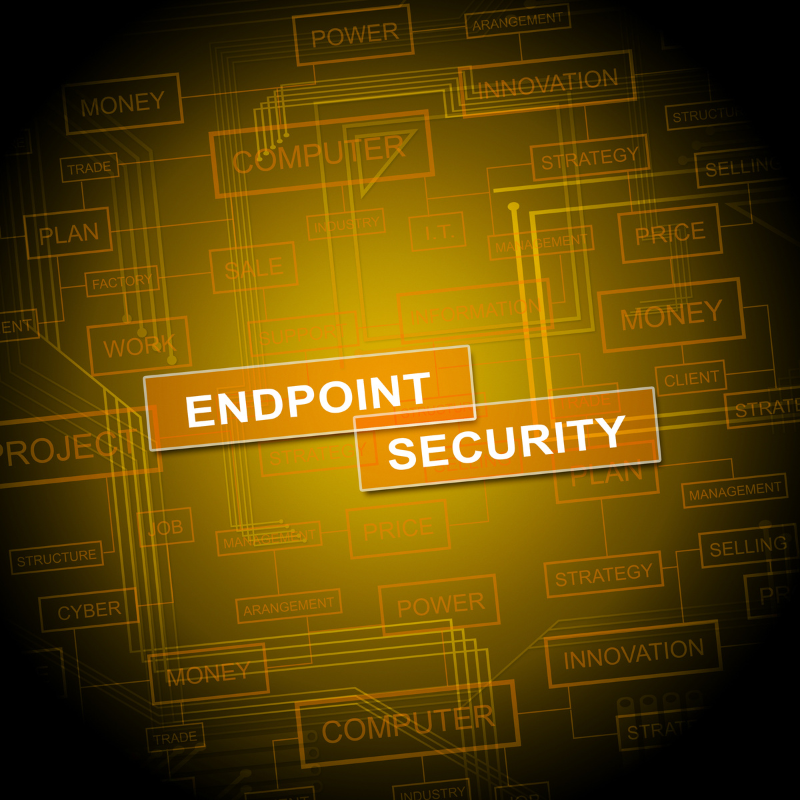
Understanding Endpoint Security
Endpoint security refers to the practice of securing endpoints, or entry points, of end-user devices such as desktops, laptops, and mobile devices, from being exploited by malicious actors and campaigns. These endpoints serve as points of access to a corporate network and thus need to be protected to ensure the overall security of the enterprise.
In modern business environments, endpoints are often the weakest links in a network’s security chain. By implementing robust endpoint security measures, businesses can safeguard sensitive data, ensure compliance with regulatory standards, and protect their reputation from the fallout of a security breach.
Key Components of Endpoint Security
Effective endpoint security solutions typically include antivirus and anti-malware software, firewalls, intrusion detection systems, and endpoint detection and response (EDR) tools. These components work together to detect, analyze, and mitigate threats in real-time.
Additionally, modern endpoint security solutions often incorporate advanced features such as machine learning algorithms and artificial intelligence to predict and respond to new, unknown threats. This proactive approach is essential in today’s rapidly evolving threat landscape.
The Importance of Endpoint Security for Your Business
Endpoint security is paramount for businesses because endpoints are frequent targets for cyberattacks. A successful breach can result in data theft, financial loss, and significant damage to a company’s reputation. Moreover, businesses are increasingly subject to stringent regulatory requirements that mandate robust security measures to protect customer and company data.
By prioritizing endpoint security, businesses can minimize the risk of breaches, ensure business continuity, and build trust with their clients. This not only protects the company’s assets but also enhances its competitive advantage in the market.
Common Threats Addressed by Endpoint Security
Endpoint security solutions are designed to address a variety of threats, including malware, ransomware, phishing attacks, and zero-day exploits. Malware can compromise the integrity and confidentiality of data, while ransomware can lock critical files and demand payment for their release.
Phishing attacks often target endpoints to steal credentials or deploy malware, and zero-day exploits take advantage of undiscovered vulnerabilities. Effective endpoint security can detect and mitigate these threats before they cause significant harm.
Why 10X Is Your Go-To Provider for Endpoint Security
At 10X Consulting Group, we understand the critical importance of endpoint security in today’s digital landscape. Our comprehensive endpoint security solutions are designed to protect your business from a wide range of threats, ensuring the integrity and confidentiality of your data.
We leverage cutting-edge technologies and industry best practices to deliver tailored security solutions that meet your specific needs. Our team of experts works closely with you to develop and implement a robust security strategy that protects your endpoints and enhances your overall security posture.
Conclusion
In conclusion, endpoint security is a vital component of any business’s cybersecurity strategy. By securing endpoints, businesses can protect their data, ensure regulatory compliance, and maintain customer trust.
Partnering with a trusted provider like 10X Consulting Group ensures that your business is equipped with the latest security technologies and expertise needed to defend against evolving cyber threats. Contact us today to learn more about how we can help secure your endpoints and protect your business.
